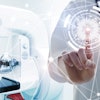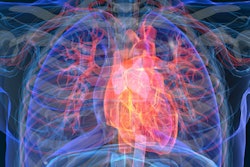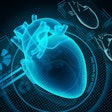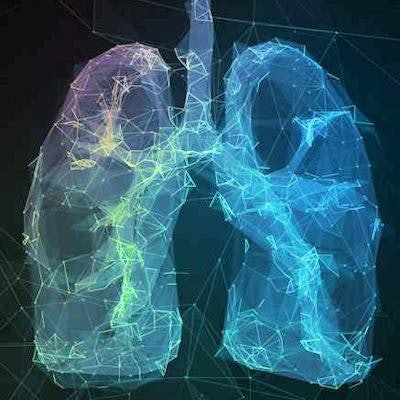
A new research laboratory at the University of Massachusetts (UMass) in Worcester, MA, has launched this week with the goal of developing, testing, and implementing artificial intelligence (AI) and radiomics methods for thoracic imaging applications.
The Pulmonary Artificial Intelligence and Radiomics Research (PAIRR) Laboratory is a research unit of the radiology department at UMass Memorial Medical Center and UMass Medical School. It will focus on the translation of AI-based algorithms into the clinical routine, according to lab director Dr. Alexander Bankier, PhD.
"This is important; research studies have shown the advantage of AI in a research context," Bankier told AuntMinnie.com. "But can we replicate this advantage in clinical reality?"
The researchers will seek to determine the real added value of AI algorithms in patient care, as well as find the best methods for implementing these algorithms, according to Bankier. They will also assess the impact of AI on workflow, the acceptance of AI by radiologists, the improvements needed to increase the acceptance and productivity of these algorithms, and the metrics for measuring the success of AI.
Currently, the lab is investigating clinical applications such as radiomics and lung nodule characterization; phenotyping of chronic obstructive pulmonary disease (COPD); machine learning-based assessment of fibrotic lung disease; and AI-based risk determination in population-health initiatives focused on CT lung cancer screening, Bankier said.
"The focus on thoracic imaging was a byproduct of my previous research and an opportunity to create a 'test biotope' in which we could experiment at the highest level of expertise and then translate our findings to other areas of imaging," Bankier said.
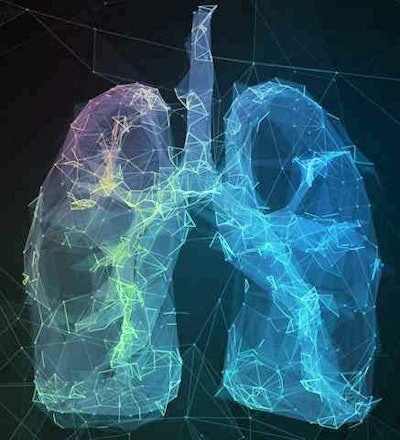 3D airway flow quantification map. Image courtesy of Dr. Alexander Bankier, PhD.
3D airway flow quantification map. Image courtesy of Dr. Alexander Bankier, PhD.Based within the radiology department at UMass Medical Center and UMass Medical School, PAIRR has office and research space outfitted with high-end information technology and computational infrastructure. Both the lab and the radiology department will benefit from its location, according to Bankier.
"We can tailor research questions and projects to the specific clinical needs of the department, and then [translate] results and findings in a direct manner," he said. "It also helps a lot with bundling expertise in imaging research around the shared interests of the department and the lab."
Notably, the lab has also signed agreements to be a center of excellence for AI software developers Arterys, Coreline, and Imbio. Agreements with two other companies are also being negotiated, Bankier said.
"These privileged partnerships are a win-win situation," he said. "The lab benefits from having its finger on the pulse of R&D of these companies and can proactively impact on their product development, [and] the companies get first-hand feedback on their prototypes and beta-versions that help them morph these into final commercial products."
So far, the lab includes Bankier and two other dedicated researchers. An additional two researchers will join the lab after COVID-related travel restrictions are lifted, Bankier said.

